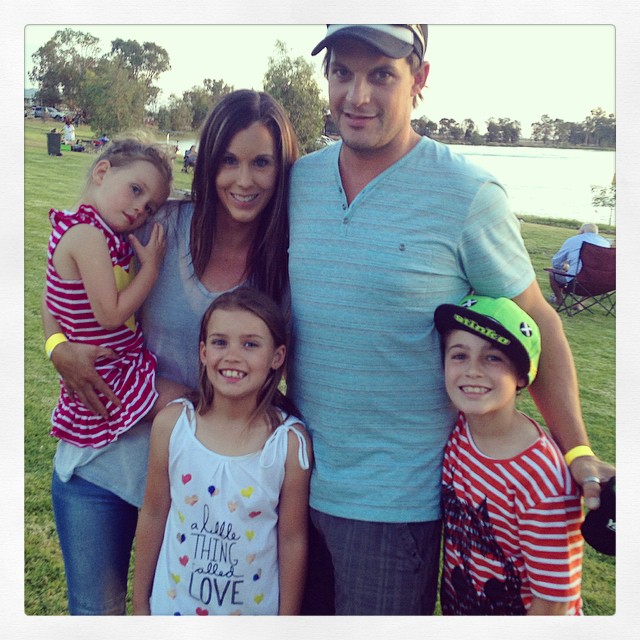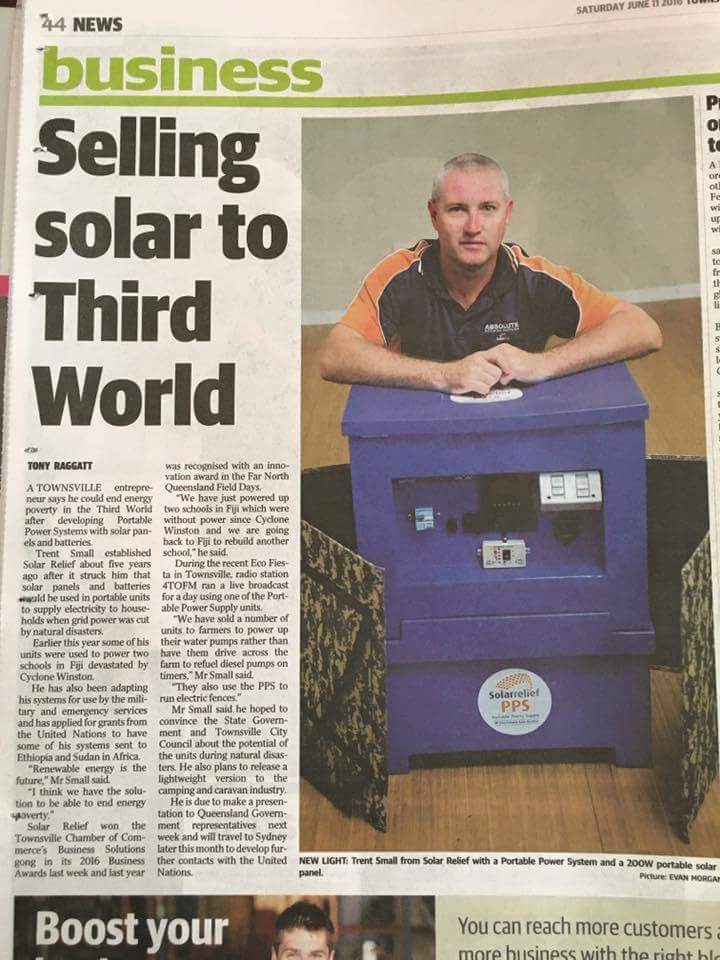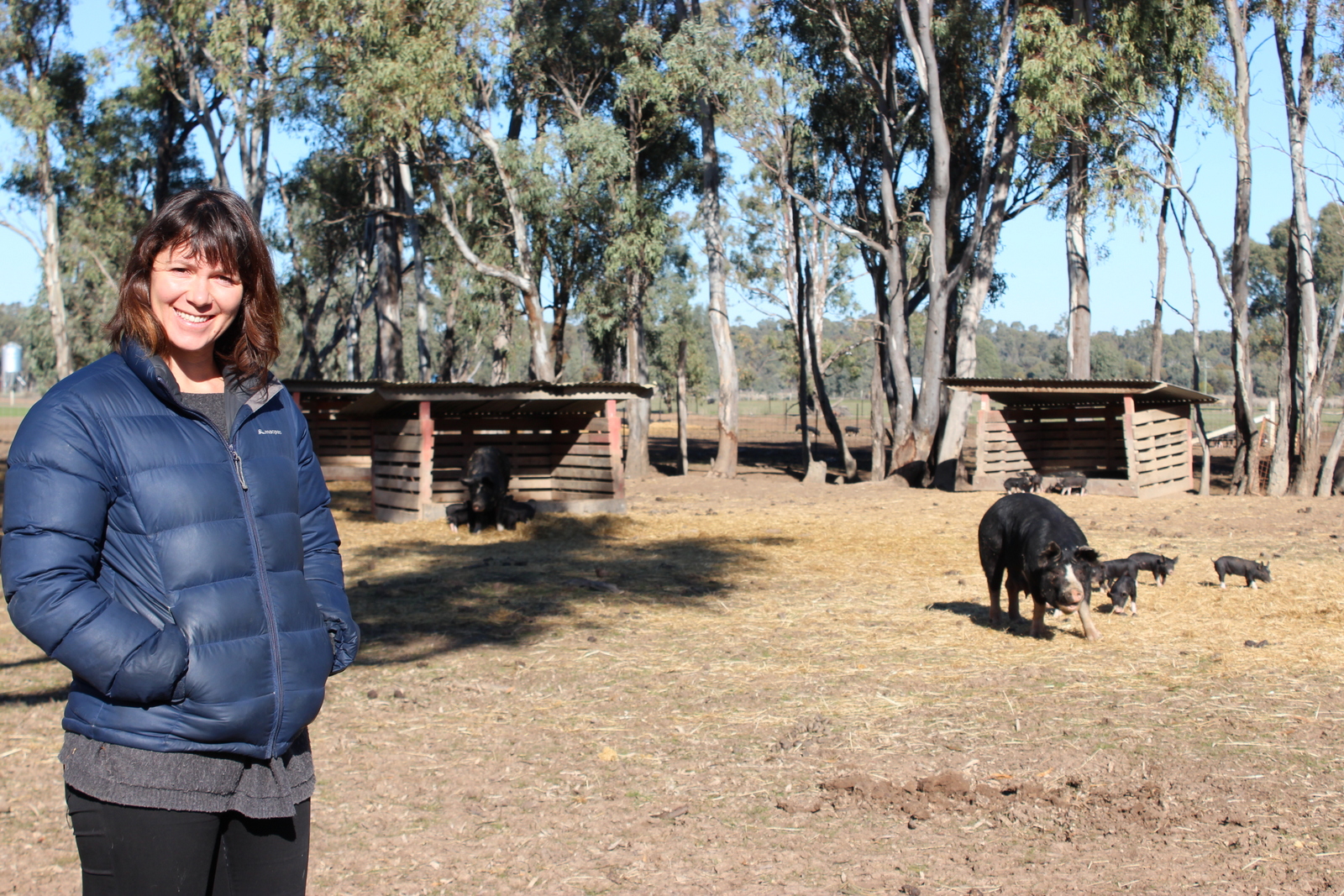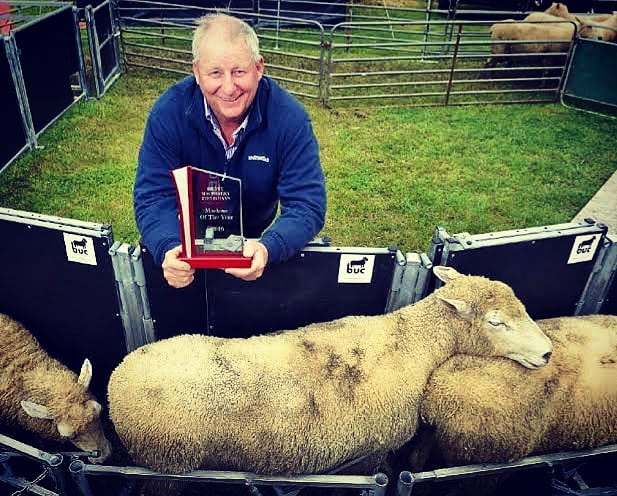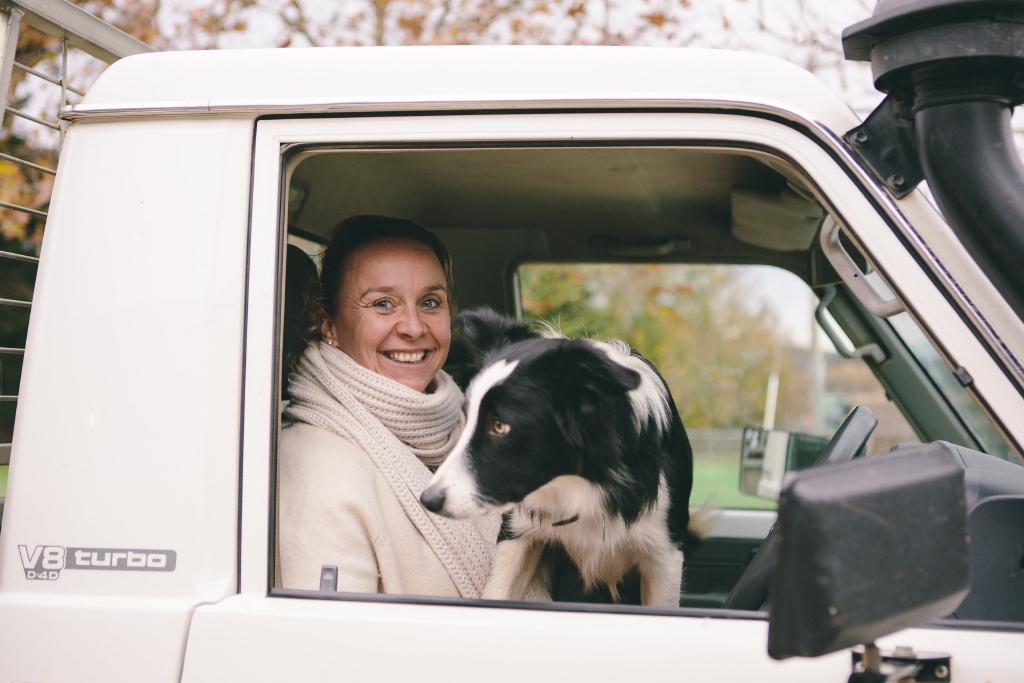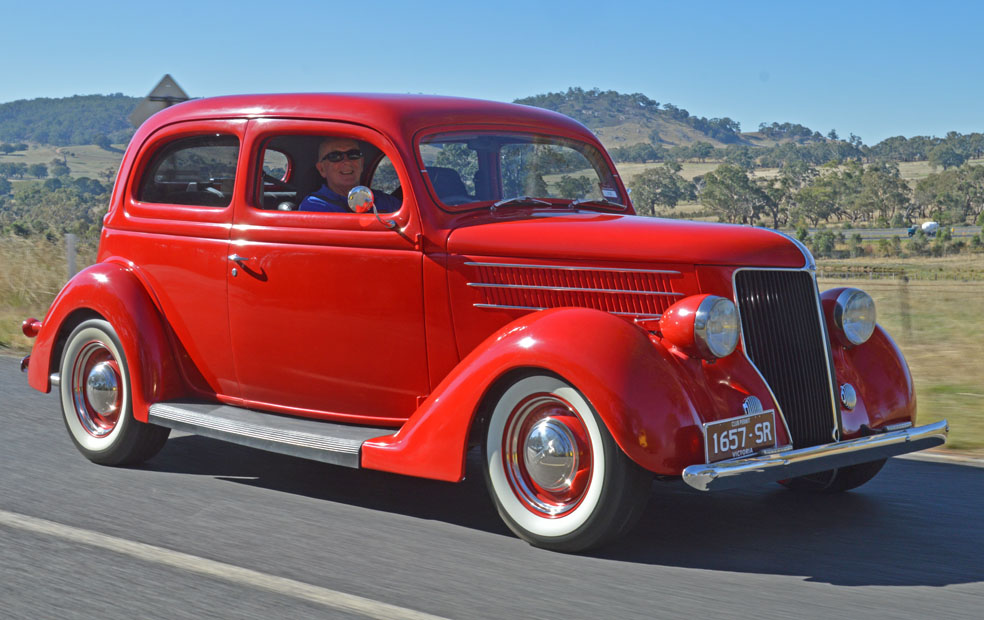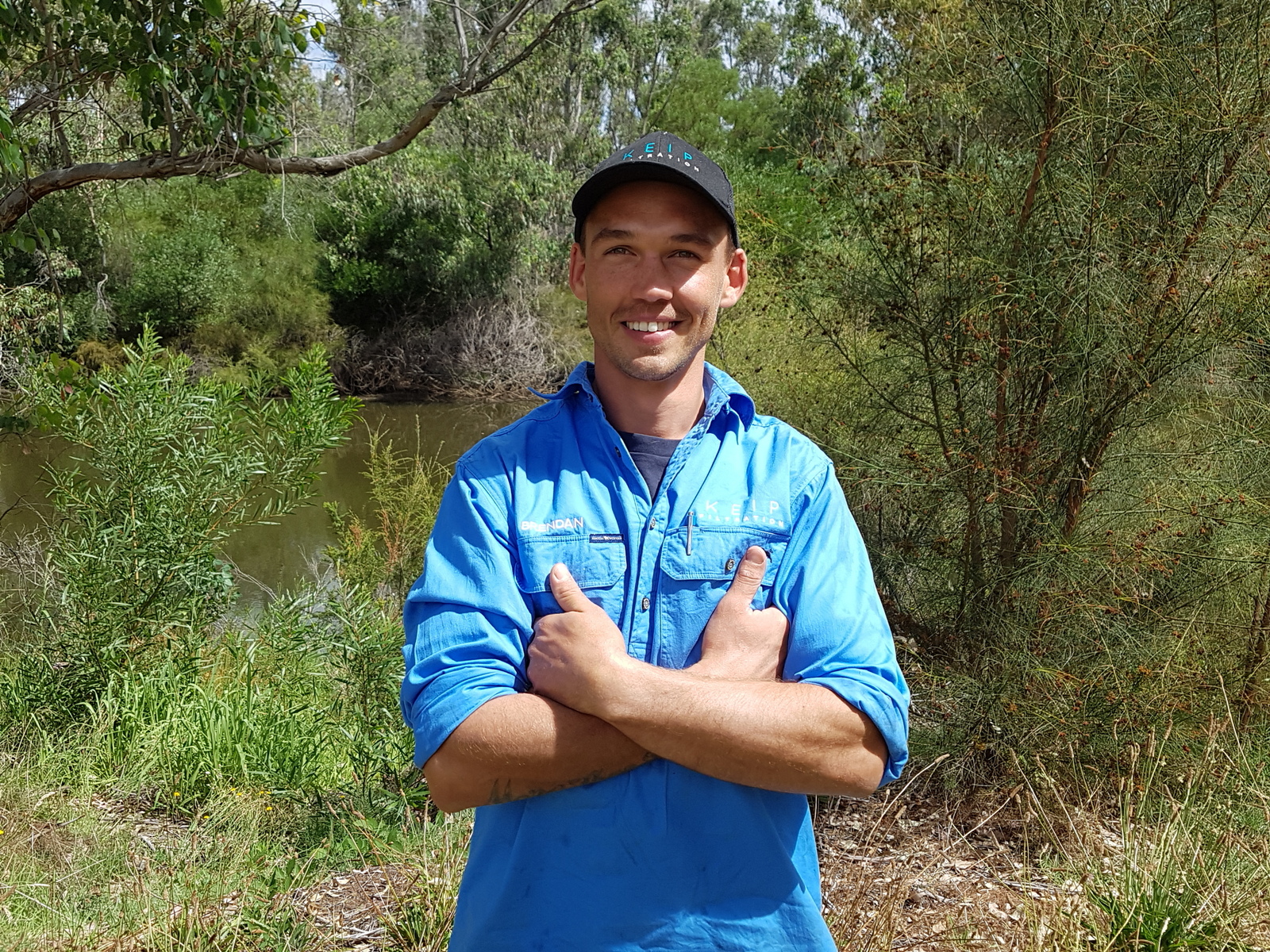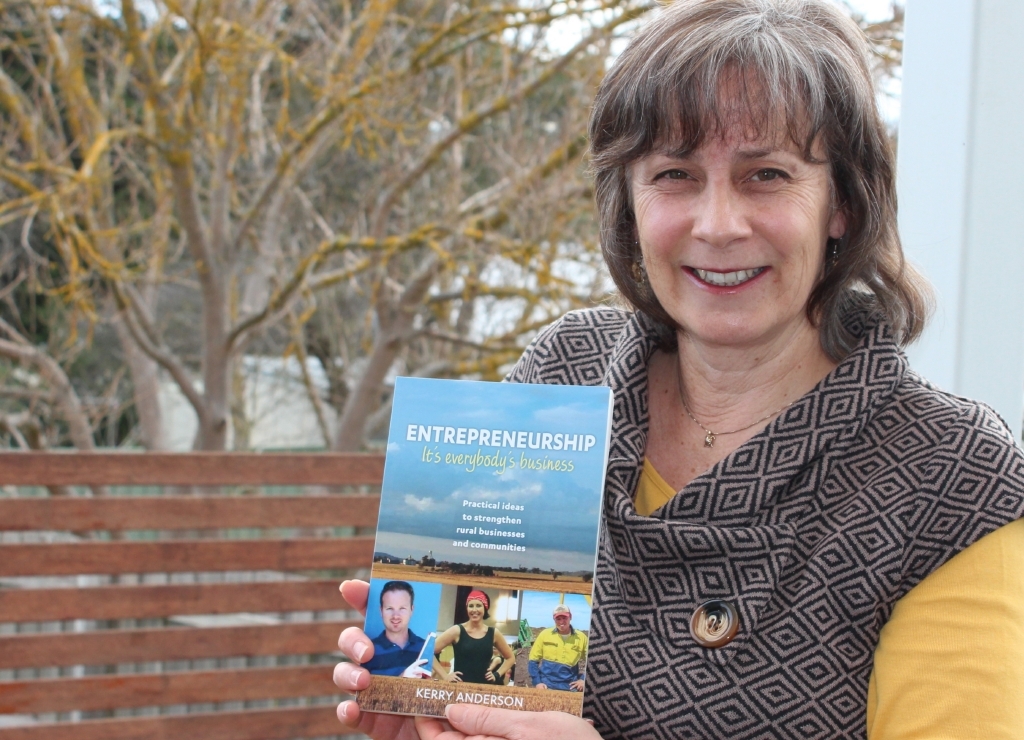Rural entrepreneurs
Speaking about rural entrepreneurship at an event I was recently asked an interesting question: Are rural people more entrepreneurial than city people? Instead of being compelled to justify to my city counterparts that rural entrepreneurs are equally worthy of celebration, I was being asked to judge whether they are, in fact, more entrepreneurial.
Having interviewed hundreds of rural entrepreneurs over the past decade in the quest of promoting our rural towns as great places to live and work, there was the danger that I could answer this question with some bias.
Rural communities include some of the most innovative people I know. Problem solving is second nature. Hours away from a spare parts depot, rural people are adept at banging up their own solution in the workshop. Some wonderful inventions have come out of rural industries and they continue to innovate all the time to remain competitive in a global market.
However, with no desire to inflame the debate of a ‘great divide’ between our rural and city cousins, I gave this question considered thought before answering.
Employment options
There are many drivers that activate entrepreneurs and I only think it fair to start with employment options … or lack of. In a rural town there are fewer employment options and distance is a prohibiter in seeking alternate work. Therefore, it is only natural that those who love living in a rural community are more motivated to start-up their own small business.
As a young mother and farmer’s wife living in Birchip Victoria, Andrea Harrison founded an online business named Kawaii Kids way back in 2007 before the digital world was given much thought in a rural context. Running the business initially from her family home, it became so successful that it progressed to a physical store front in Birchip and later Horsham. Andrea has also started manufacturing her own line of children’s clothing under the Curious Wonderland brand collaborating with select retailers across Australia.
Adversity
Adversity is a great breeding ground for entrepreneurs and there is no shortage of that in rural Australia. On top of all the economic pressures experienced nationally and globally, our rural communities are routinely impacted by fire, flood and drought. As I type these words Western Australia, South Australia and Victoria are battling bushfires; New South Wales is still in drought; and Queensland, along with the whole top end, is dealing with severe flooding.
Cyclone Yasi’s destructive path in 2011 provided an opportunity for Trent Small, an enterprising Queenslander and Townsville businessman, to put his creative thinking and practical skills into action. His subsequent start-up business, Solar Relief, created a portable solar product that could be quickly deployed anywhere in the world at times of natural disaster and crisis.
Problem solving
Entrepreneurs are also very good at turning every-day problems into business opportunities.
Back-up Charlie, a flexible lead-up race system, was the brainchild of sheep farmer, Charlie Webb from Lockhart in New South Wales, who wanted to make life easier for both the sheep and their handlers. The system is now being sold across Australia.
300 kilometres away, in Barham, Lauren Mathers created her business Bundarra Berkshires because she couldn’t source quality local pork products for her catering business. Transitioning into a free-range pork producer presented a multitude of problems that she systematically turned into opportunities. Finding customers prompted her to support the Farmers Market movement and embrace online sales. She ensures the quality of her product by controlling supply at every step of the way, even going to the lengths of installing a commercial kitchen and learning how to dress her own products. After a series of abattoir closures and an increase in road miles impacting on their transport costs, Lauren is once again taking a lead in providing a solution to humanely slaughtering animals from small holdings. Just recently she became the inaugural Chair of Murray Plains Meat Cooperative.
Passionate
And then there are those who are passionate about a rural community or space and simply let loose their inner entrepreneur to build a business opportunity.
Celebrating forty years of publishing Australian Street Rodding Machine Magazine in 2018, Graffiti Publishing’s Larry O’Toole was part of the very first wave of street rodding enthusiasts drawn to Castlemaine in central Victoria in the 1970’s. A resident of the self-proclaimed Street Rodding Capital of Australia, Larry has built a successful publishing business on his passion aided by some good business instincts.
Likewise, in an absolute leap of faith, in 2015 Simon and Kate Tol purchased the historic Mount Mitchell Homestead near Lexton in the north-western district of Victoria. They have dedicated themselves to making it into a viable business with a mix of farming produce, events, and accommodation. The bravery of their plan caught the attention of the local community, and their enthusiasm attracted the attention of Melbourne based Executive Chef, Ian Curley, who wants to stock their product in his restaurants.
Over in Western Australia, Brendan Earl, a young indigenous man is working on a new project to improve water quality, something of value to every rural community.
The list goes on ….
Are any of these examples more entrepreneurial than their city counterparts? Probably not but they certainly are a shining light in a rural community that must create its own opportunities and face adversity on a constant basis.
This article was printed in the Autumn 2019 edition of Inside Small Business.
KERRY ANDERSON: Founder of the Operation Next Gen program and author of ‘Entrepreneurship: It’s Everybody’s Business,’ Kerry works with small businesses and rural communities to help them embrace new opportunities. In 2018 she was named as one of Australia’s Top 50 Regional Agents of Change. READ MORE
